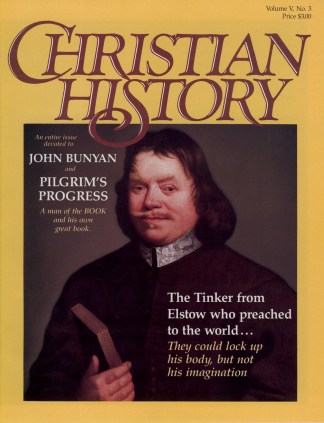Calvin’s understanding of the the Atonement did not begin with election or pre-destination but with the love of God, as Robert Peterson shows in Calvin’s Doctrine of the Atonement. The section below is from Calvin’s commentary on I John 4:9 about the love of God.
We have the love of God towards us testified also by many other proofs. For if it be asked, why the world has been created, why we have been placed in it to possess the dominion of the earth, why we are preserved in life to enjoy innumerable blessings, why we are endued with light and understanding, no other reason can be adduced, except the gratuitous love of God. But the Apostle here has chosen the principle evidence of it, and what far surpasses all other things. For it was not only an immeasurable love, that God spared not his own Son, that by his death he might restore us to life; but it was goodness the most marvellous, which ought to fill our minds with the greatest wonder and amazement. Christ, then, is so illustrious and singular a proof of divine love towards us, that whenever we look upon him, he fully confirms to us the truth that God is love.
He calls him his only begotten, for the sake of amplifying. For in this he more clearly showed how singularly he loved us, because he exposed his only Son to death for our sakes. In the meantime, he who is his only Son by nature, makes many sons by grace and adoption, even all who, by faith, are united to his body. He expresses the end for which Christ has been sent by the Father, even that we may live through him: for without him we are all dead, but by his coming he brought life to us; and except our unbelief prevents the effect of his grace, we feel it in ourselves.
Copyright © 1986 by the author or Christianity Today/Christian History magazine. Click here for reprint information on Christian History.










